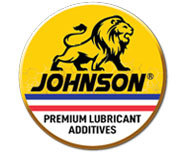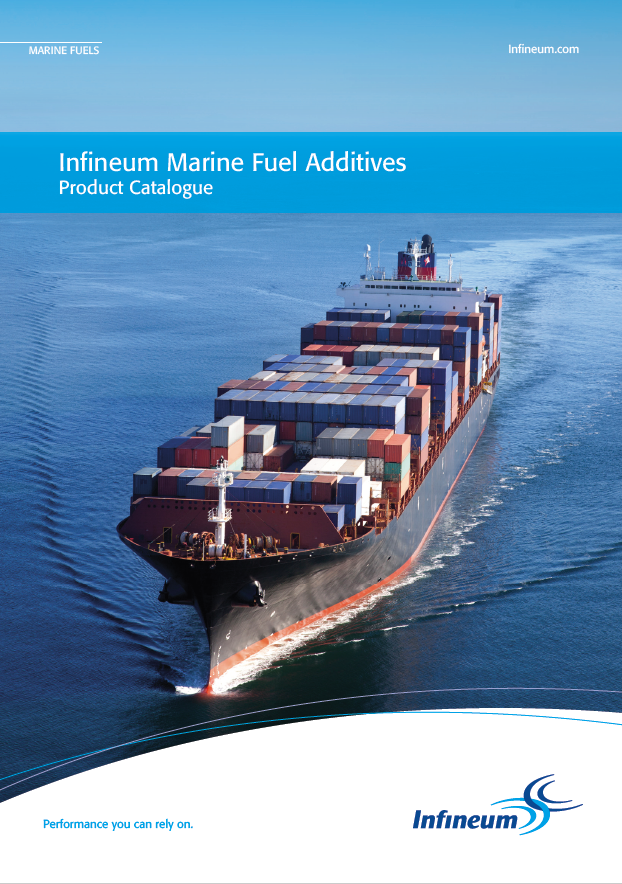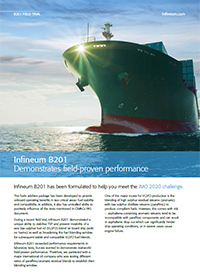The International Maritime Organization (IMO) is bringing in increasingly stringent emissions regulations to ensure shipping meets its environmental obligations.
The global pandemic hit just three months after the implementation of the IMO2020 sulphur reduction at the start of 2020, when the marine fuel sulphur cap was lowered from 3.5% to 0.5% sulphur. The impact of the virus created further hurdles for fuel producers to meet the drastically altered demand profile across the whole fuel spectrum. Travel restrictions resulted in a drastic reduction in aviation and personal land transportation and on the flip side, created the urgent requirement to maintain global supply chains with basic fundamentals.
In the lead up to IMO2020 it was anticipated that Marine Gasoil (MGO) would assume a dominant supply position over the new Very Low Sulphur Fuel Oil (VLSFO) due to concerns over fuel stability and compatibility. However, this has proved not to be the case. VLSFO has dominated the fuel space and the quality concerns at point of sale have largely proven unfounded, even after enforced fuel reformulations following the pandemic, however concerns remain over fuel shelf life.
The pandemic has also prompted a renewed drive towards decarbonisation and sustainability - Infineum has continued to develop new additive solutions and investigated testing methodologies to meet the challenges in this ever-changing world.
Our key areas of focus are:
Asphaltene Management
Our video below shows the potential for asphaltene deposition when blending VLSFO and the benefit of using Infineum’s unique asphaltene management additives to minimise the impact of sedimentation. The additive is effective at offering flexibility and protection throughout the supply chain:
- Production – ability to reduce (and maintain) total sediments below ISO8217 standard limit of <0.1 mass percent sediment allowing refiners and blenders the flexibility in component selection during blend production
- Bunkering and onboard operations – ability to maintain fuel integrity during bunkering, onboard storage, and fuel switch over operations
Combustion Management
With the drive towards ever stringent emissions reduction and fuel economy, Infineum has commercialised an exciting new product which provides tangible benefits for:
- Reduced fuel consumption which not only provides an economic benefit but also contributes to an enhanced Carbon Intensity Indicator (CII) rating) which can contribute to maintaining a satisfactory vessel rating
- Emissions reduction
- Reduced carbon dioxide emissions which can be factored into carbon trading schemes
- Significantly reduced carbon monoxide - a key indicator of improved combustion efficiency
- Reduced NOx
- Reduced total hydrocarbons and smoke leading to less particulate matter and soot
- Enhanced on board fuel stability and compatibility leading to less sludge formation in storage tanks and enhanced purifier operation resulting in less fuel wastage through sludge discharge
- Improved engine cleanliness leading to improvement in overall engine efficiency
Wax Management
Our video below shows the potential for wax deposition when storing low viscosity, waxy VLSFO and the benefit of using Infineum’s unique wax management additives to minimise on-board waxing issues.Lubricity Additives
The move to lower sulphur fuels (MGO, LSFO, ULSFO and VLSFO) has resulted in lower fuel viscosities. Lower viscosity fuels lead to worse lubrication and higher wear in critical high pressure fuel injection components. Infineum lubricity additives have been tested under rigorous US Navy testing protocols.
Infineum continues to explore the challenges in the existing and future marine fuels landscape and is actively developing solutions to meet customer needs.
For more information contact your local Infineum Sales Representative or email us at fuels.additives@infineum.com.






